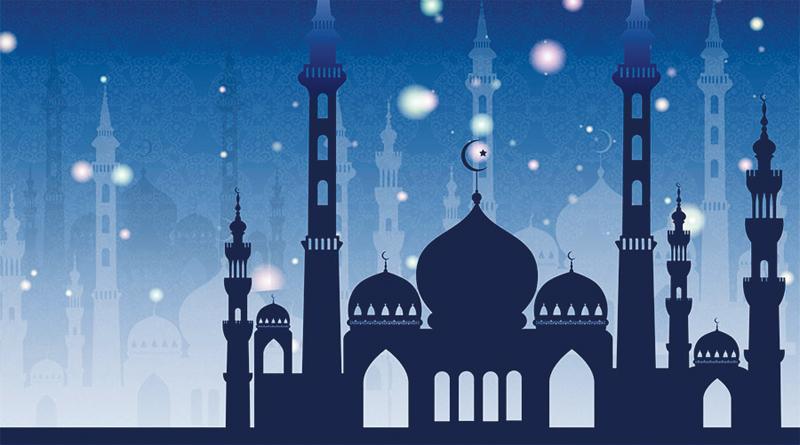
The Holy Prophet’s birthday was celebrated recently.. In this article Amal Abubakr tells us about the Holy Prophet.
The Holy Prophet (SAW) is one of the most important figures in Islamic history, culture and practice. So, it is only natural that the day that Muhammad (SAW) was born is regarded as one of the most blessed days. Milad-un-Nabi is the observance of the birthday of the Islamic prophet Muhammad (SAW) which is commemorated in Rabi’ Al-awwal, the third month in the Islamic calendar.
Islamic calendar
As is the nature of the Islamic calendar the dates in the Gregorian calendar change every year.
This year the Prophet (SAW)‘s holiday will be celebrated on Thursday, October 21 , 2021.
The birth of the soon- to -be Prophet (SAW) was simple and inconspicuous. Abdullah and Amina were his parents and he was born in Makkah on 12th Rabi-al-Awwal. In his childhood he faced tragedy early on, with his father passing away.
According to the Arabic tradition children were entrusted to Bedouins to train in the dessert, and so the Prophet (SAW) was given to a Bedouin woman named Halimah.
While this happened, his mother tragically passed away too making the Prophet (SAW) an orphan.
His grandfather, Abdul-Muttalib, took the responsibility to care for his grandson but at 82, Abdul Muttalib died too. Like the other times, he was then put under the care of Abdul-Talib, who loved him like his own children. As you can see, the Prophet (SAW) had suffered many tragedies as a child and had to persevere but he still made such an impression on everyone even as a young child. He was a merchant and shepherd who worked hard and honestly, which would pave the way for his influence on Arabia in the future.
The history of this celebration goes back to the early days of Islam when some of the believers began to hold sessions in which Prophet Muhammad (SAW)‘s kind disposition was celebrated by poets and writers who sang and wrote poems in honour of him.
Traditions and rituals
The traditions and rituals have changed over time and in different countries. Early days of Islam included the observance of Prophet’s Muhammad (SAW)’s birth as a holy day which was usually arranged privately in individual homes and later, there was an increased number of visitors to a house that was open for the whole day specifically for this celebration.
The early celebrations included animal sacrifices and torchlight marches along with public sermons and a feast for every Muslim.
Now, let’s talk about how other countries celebrate Milad-un-Nabi; during Pakistan’s celebration, they celebrate with national pride with the flag being raised as the day starts with a 31-gun salute in the federal capital and a 21-gun salute at the provincial capitals. Just like in the past, with the inspired literature, many hymns and songs are sung
In many parts of Indonesia, the celebration of the Mawlid al-nabi is celebrated in enthusiasm that is matched with the two official Islamic holidays of Eid ul-Fitr and Eid al-Adha.
In Tunisia, Muslims also sing and chant hymns of praise to Prophet Muhammad (SAW), about welcoming him in honour of his birth. Generally, in Tunisia, people usually prepare Assidat zgougou which is a Tunisian dessert.
In Sri Lanka, Milad-un-Nabi is officially a public holiday with schools and businesses being closed. Many people make festive foods and sweets, mosques hold events encouraging children to recite the holy book, that is the Quran and learn about the Prophet Muhammad (SAW)’s life.
Among non- Muslim countries, India is noted for its colourful festivities which include the relics of Prophet Muhammad(SAW) being displayed after the morning prayers at the Hazratbal shrine which is the holiest Muslim structure in India, where night-long prayers are also held.
Also Hyderabad is noted for its grand festivities, religious meetings, night-long prayers, rallies, parades and decorations which shows how culturally diverse these celebrations are.
Whether you celebrate this holiday or is a casual observer, let’s enjoy this day of blessing and hope, where the life of the most influential figure of Islam is appreciated.
